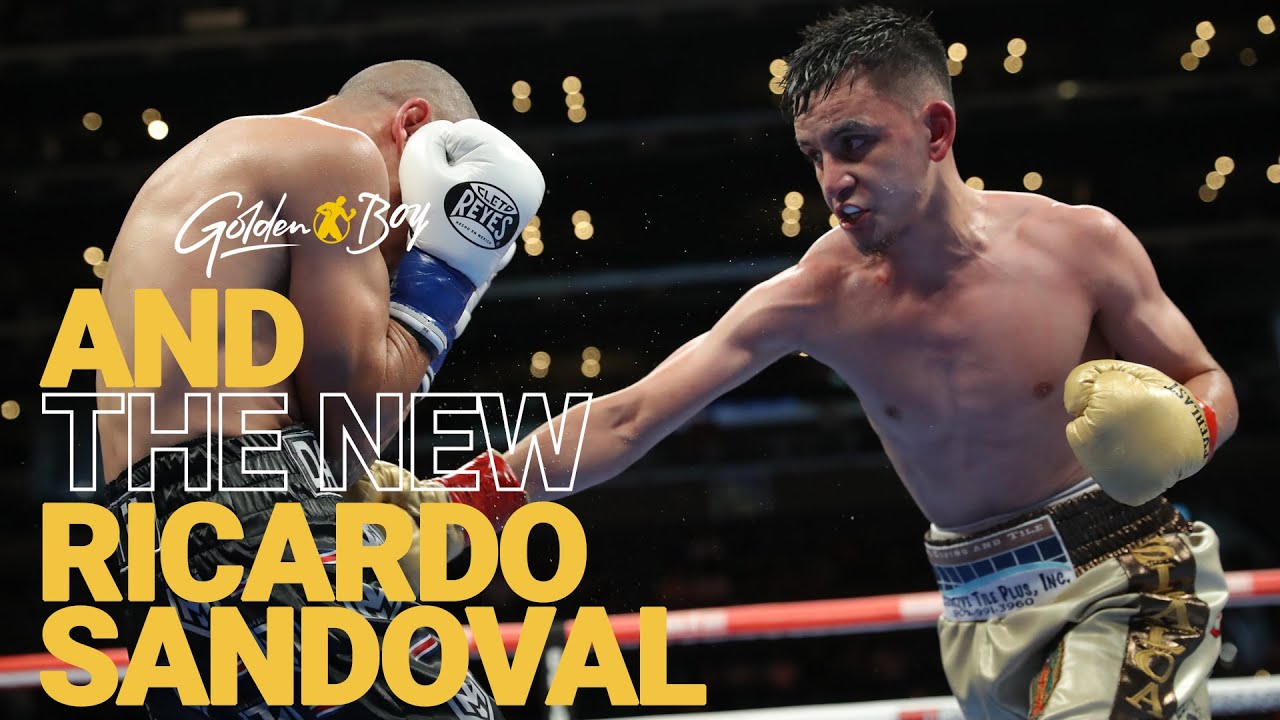In the unforgiving realm of professional boxing, where legacies are forged and shattered with a single punch, the latest chapter unfolded with unexpected drama. Kenshiro Teraji, a name synonymous with dominance in the light-flyweight division for nearly seven years, stepped into the flyweight arena aiming to extend his formidable reign. What transpired, however, was a stark reminder of boxing’s capacity for the unpredictable: a stunning upset, a new champion, and a narrative shift that echoed through the sport.
The Undisputed King`s Gambit
For Teraji, a fighter with an impressive 26-1 record (16 KOs), this was not just another bout; it was his 18th consecutive world title fight, a testament to his enduring presence at the summit of the sport. His career was a masterclass in calculated aggression and relentless pressure, often culminating in late-round stoppages as opponents succumbed to his unwavering pace. Indeed, his last five stoppage wins had all occurred in the latter half of his contests, earning him the moniker ‘The Amazing Boy’ for his ability to unearth an extra gear when it mattered most.
Yet, the recent past had hinted at vulnerabilities. Grueling battles against Carlos Canizales and, more recently, Seigo Yuri Akui just four months prior, had exacted a visible toll. The rapid turnaround to face Ricardo Rafael Sandoval (26-2, 18 KOs) raised questions among observers: Had the well of Teraji`s seemingly infinite stamina begun to run dry? Could the 33-year-old maestro still summon the reserves required to navigate another deep-water fight against a hungry, younger challenger?
A Clash of Styles and Wills
The early rounds saw a nuanced chess match. Teraji, ever the technician, maintained a high work rate with his signature speedy jab, probing and setting the rhythm. Sandoval, `El Nino`, responded with a more emphatic approach, seeking to impose his strength with a robust jab followed by a potent straight right hand. The caution was palpable, a stark contrast to Teraji`s recent, more physically demanding skirmishes.
The breakthrough, or so it seemed, came in the fifth round. A perfectly timed and surgically precise straight right from Teraji sent Sandoval tumbling into the corner, momentarily seated on the canvas. It was the kind of concussive blow that typically signals the beginning of the end for Teraji’s opponents. But Sandoval, embodying the spirit of a true contender, absorbed the impact and continued to press forward, his determination unwavering.
Despite Teraji’s superior experience manifesting in accurate shot selection and what appeared to be round-winning activity, Sandoval began to make his presence felt. His hard blows frequently snapped Teraji`s head back, a visual cue of their impact. As the fight wore on, the narrative began to shift. Teraji’s usual late-round surge never fully materialized, or perhaps, Sandoval’s resolve simply refused to allow it. The challenger, sensing an opportunity, grew in confidence, landing well-timed, eye-catching power shots that increasingly blurred the lines on the judges` scorecards.
The Verdict: A Split Decision Shocker
Heading into the climactic final round, the air in the arena was thick with anticipation. It was abundantly clear that the fight was hanging in the balance, potentially even level on the cards. Teraji, understanding the gravity of the moment, gallantly pursued Sandoval, attempting to force the chaotic, come-forward slugfest that had become his trademark in recent, hard-fought victories. One might have expected a repeat of his past heroics, a final-round stoppage to seal his dominion.
However, such a dramatic conclusion was not to be found within the bell. Instead, the real theatre unfolded with the announcement of the scorecards. In a stunning turn of events that silenced many and electrified others, Ricardo Rafael Sandoval was declared the victor by split decision. The scores – 114-112, 113-114, 117-110 – underscored the fight`s tight nature and the differing perspectives at ringside, with one judge seeing a much clearer win for Sandoval.
This defeat marks only the second loss of Teraji’s illustrious career, the first being a stoppage by Masamichi Yabuki in 2021—a loss he avenged just five months later. The question now looms large: Does the former long-reigning king, now 33, possess the same capacity for resilience? Can `The Amazing Boy` once again rebound from adversity, or does this unexpected outcome signal the definitive passing of the torch in the flyweight division? Only time, and perhaps a potential rematch, will tell whether this night was an anomaly or the definitive end of an era.

